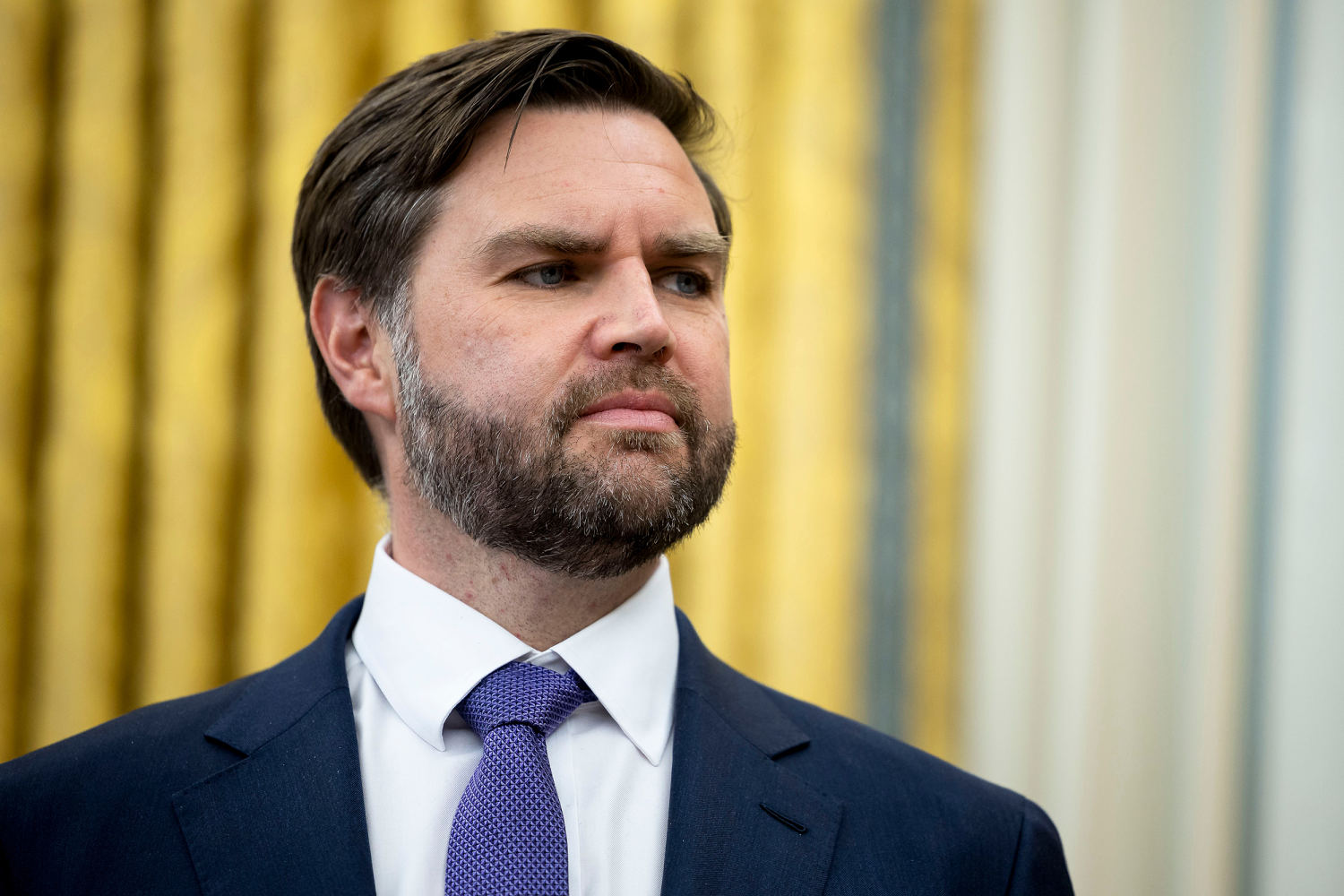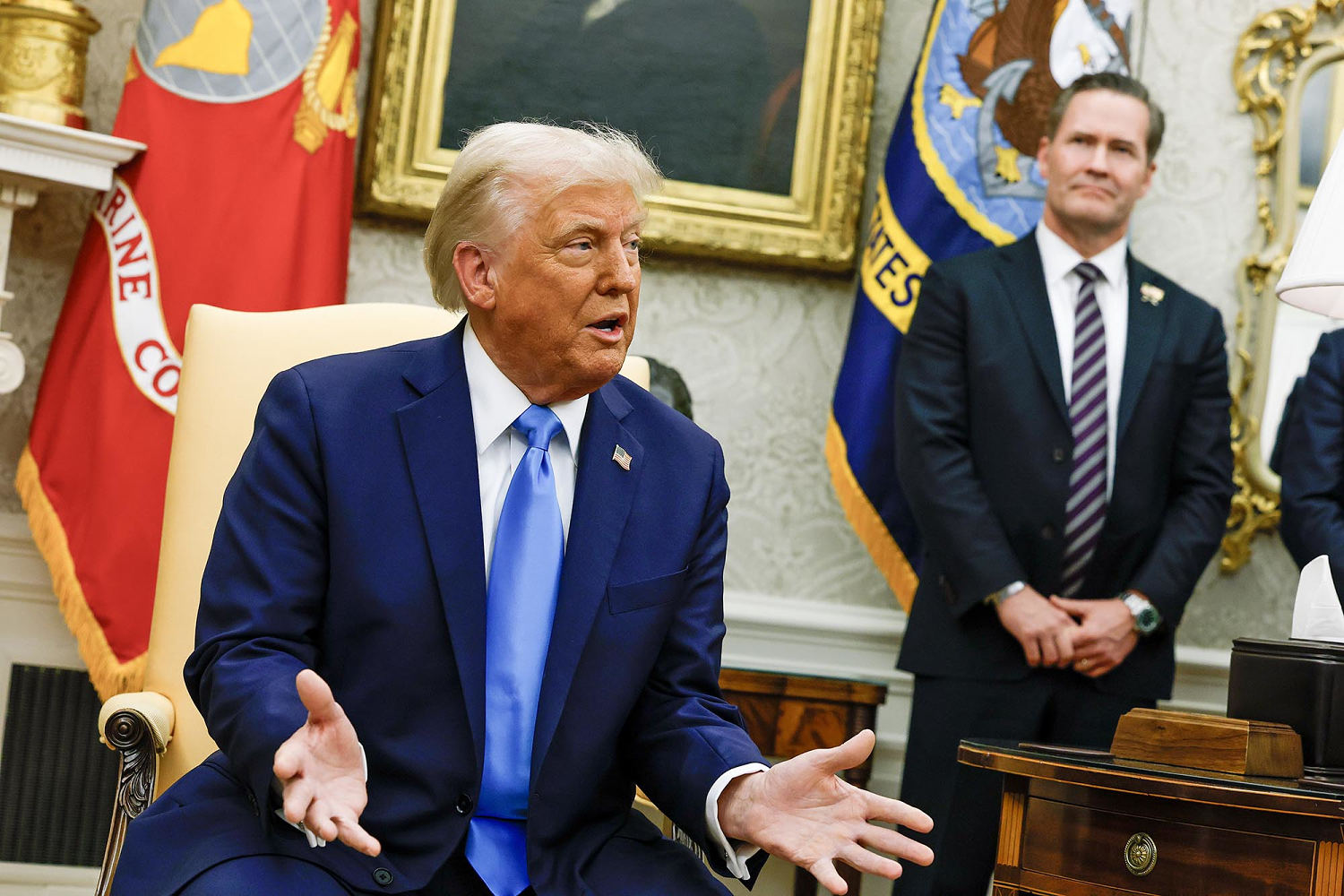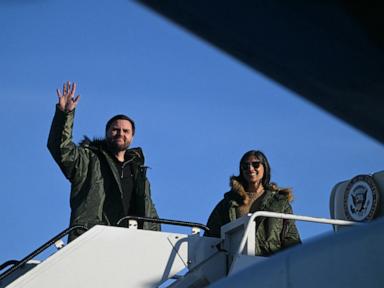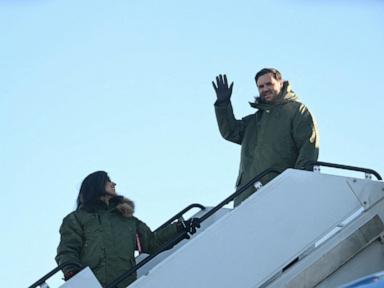The war plans group chat uncovered by a journalist at The Atlantic exposed some daylight between Vice President Vance and others in the administration, showing Vance’s hesitance about launching a military strike that President Trump has hailed this week as necessary and successful.
It did little to stymie the relationship between the president and his second-in-command. In fact, Trump trotted Vance out to Greenland on Friday to visit the only U.S. military base there as part of his efforts to push for control of the territory.
Still, the text chain gave a window into the vice president’s isolationist approach to foreign policy publicly and behind closed doors. Vance, who once opposed Trump and his MAGA agenda, appeared in the group chat to be concerned that the message of launching strikes into Yemen on March 15 isn’t consistent with Trump’s goals in not wanting to bail out Europe.
“It does shine a light on some daylight between Vance and the rest of the team. What’s interesting is that it’s not full-blown opposition, but you can clearly see Vance leaning into a more classically isolationist, ‘America First’ worldview,” a former Trump administration official said.
Vance on Friday, while taking questions in Greenland in the wake of Trump’s aggressive eying of the territory, said he ultimately supported the decision to strike the Houthis but that Americans are best served when the team has “the argument” about how to do that.
“Sometimes we all agree and sometimes we all disagree but it’s important that we all have an honest conversation amongst ourselves and with the president of the United States about what we think is in the best interest of the United States of America,” Vance said.
Vance acknowledged in Greenland that the Signal chat revealed his willingness to ensure that strategic questions are asked, as he stressed that the U.S. has to be “careful” and “make sure the timing is right.”
He also expressed similar sentiments about U.S. allies much like he did in the chat, telling reporters, “as China and Russia has taken greater and greater interest in Greenland, in this base, in the activities of the brave Americans right here, we know that too often our allies in Europe haven’t kept pace.”
The president and vice president had lunch on Tuesday, the day after the Atlantic report was published. Trump later agreed with his No. 2’s assessment on Europe when asked about it by reporters.
“Yeah, I think they’ve been freeloading,” Trump said. “The Europe Union’s been absolutely terrible to us on trade, terrible. And as you know NATO, I got them to pay hundreds of billions of dollars, they were way behind. And if you look even, if you look at Ukraine, so we’re in for $350 billion because of Biden.”
The rare behind-the-scenes glimpse that The Atlantic article prompted no firings by Trump thus far. The former official maintained that the disagreement Vance could actually prove a positive.
“Though not ideal by any means, I think this actually works in Vance’s favor because we are getting a glimpse of him trying to nudge the conversation in a direction that feels more ideologically consistent with the MAGA base – avoiding needless foreign entanglements unless there’s a super clear benefit to the U.S. economy or security,” the former official said.
According to The Atlantic, the morning before the strikes began, an account labeled “JD Vance” told the group, “I think we are making a mistake,” according Jeffrey Goldberg, editor in chief of the Atlantic, who was added to a Signal chat by national security adviser Mike Waltz.
“3 percent of US trade runs through the suez. 40 percent of European trade does. There is a real risk that the public doesn’t understand this or why it’s necessary. The strongest ...














